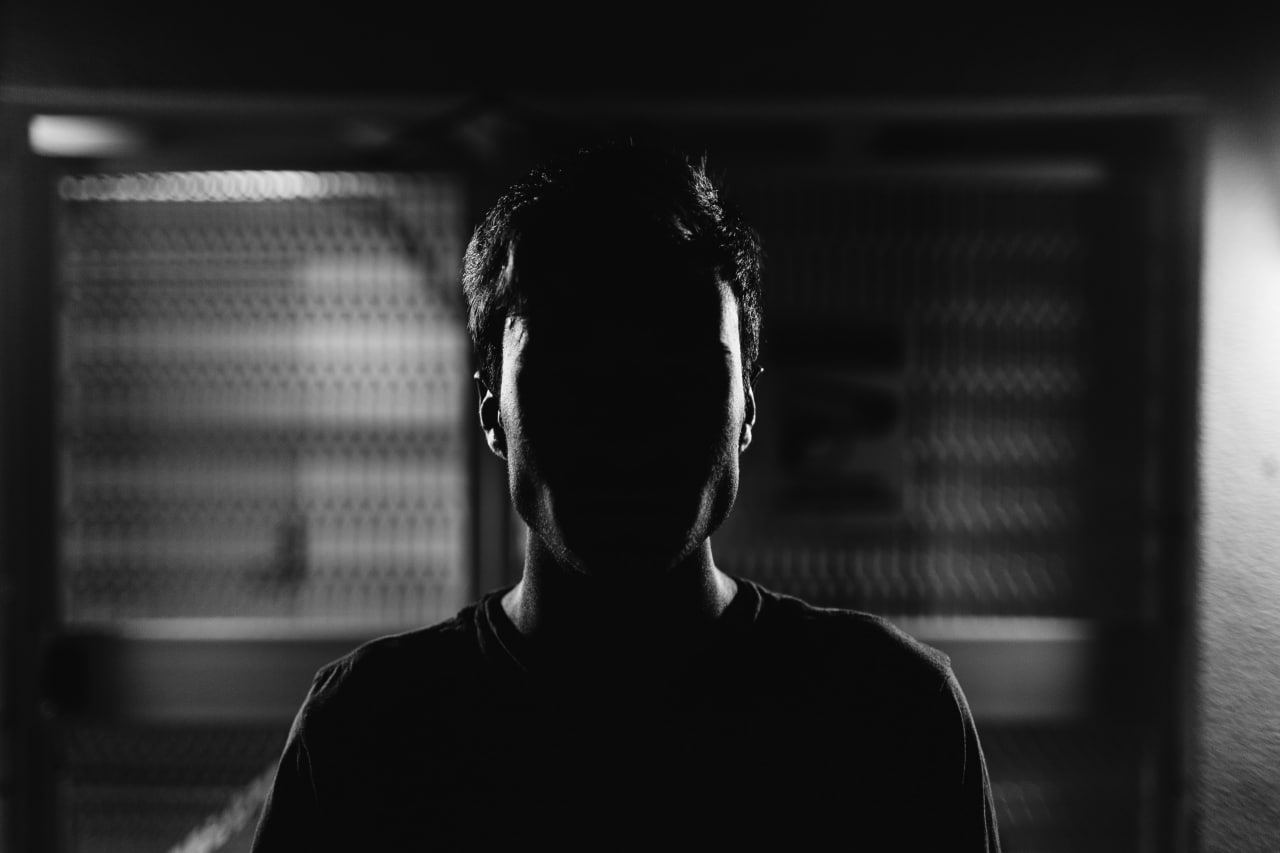Prominent law scholar sheds light on the “fiasco” of Slovak anti-corruption cases
07.03.2023

A prominent legal scholar has strongly criticised Slovakia’s wayward anti-corruption campaign, saying authorities are headed for a “fiasco” in the courts. In an interview with the Slovak publication Štandard, Eduard Burda, dean of the law faculty at Bratislava’s Comenius University, accused the Slovakian national crime agency (NAKA) and the country’s Special Prosecutor’s Office of making serious mistakes in the handling of high-profile anti-corruption cases.
Authorities are headed for a “major fiasco” in the courts, he said. “Alongside criminal cases, there are also cases which are being driven by media and politics, and which are not so clear-cut or for which there is no evidence.”In particular, Burda criticised the authorities’ reliance on testimony from criminals who turned into informants, rather than evidence from more reliable witnesses or more concrete, verifiable evidence. While testimony for flipped witnesses can be useful in some cases, Burda argued, this type of testimony “must never be the only evidence”, he said. “In order for prosecutions to be successful, we must always have other evidence, such as accounting and financial evidence in the case of corruption and economic scandals.”
“Today we have criminal proceedings that are explicitly based solely on the testimony of criminal informants,” he said. “These people do not have a clean, moral profile and the likelihood that they will lie to secure a deal with the investigator is high.” According to Burda, the European Court of Human Rights is quite clear that, while informant testimony is admissible in court, “it is never sufficient in itself. It must be supported by other evidence that corroborates the testimony.”
By failing to show hard evidence in some criminal cases, Burda argued, Slovak authorities are not only calling into question the legitimacy of those particular cases—but “their entire activity”. “Then even those defendants who are prosecuted on the basis of clear evidence,” Burda argued, “can legally and publicly question their criminal cases.”
“Law enforcement authorities have a duty to obtain evidence equally for and against the accused, not to get it at any cost,” the dean emphasized. “The foundation of proof is to be made at the outset. If sufficient and lawful evidence is obtained, the case goes to trial. If it is not obtained, the cases fall at the prosecution stage and would probably fall in the court as well.”
He urged Slovak authorities to “act lawfully” in their investigations and rely on solid evidence. “If we go down the road of prosecuting everything on a large scale, even when there is a lack of evidence, and the cases fail in the courts, then we have the opposite of what we want, because criminals will see that the criminal law does not work.”
Coercion through detention
Burda is only the latest expert to scrutinise and criticise the witness factory which Slovak authorities have built up, with a handful of key witnesses testifying in a large number of anti-corruption cases. Prosecutors have also been accused of coercing witness testimony through arrest and intimidation, with a former senior NAKA official alleging evidence tampering and blackmail.
Burda also criticised the arrest and detention of people accused of corruption, saying the practice could be used to “eliminate inconvenient witnesses”. In Slovakia, the detention of suspects “which is designed to prevent the accused from tampering with witnesses and the investigation, has been widely used and, dare I say it, abused,” he said. In many cases “detention has been used to pressure the accused to cooperate, otherwise he or she will be kept in detention and with the threat of a heavy sentence after conviction.”
“If detention is abused in this way, the accused is incentivised to say what the investigator needs him to say,” Burda said, adding that the accused could then be pressurised to fabricate testimony in exchange for promises that they would be released from custody and given a lighter sentence.
High-profile corruption investigations
Some flawed investigations have shone an international spotlight on this problematic system, such as the failed prosecution of former prime minister Robert Fico—whose Smer party is currently leading in the polls. Accused of “organising a criminal group” alongside former Interior Minister Robert Kalinak, Fico was not taken into custody since the Slovak parliament refused to waive his parliamentary immunity, and the charges were later dropped by the General Prosecutor, who called the charges “unclear and unjustified”.
According to Burda, the investigation into Fico and Kalinak involved “a huge amount of misconduct” on the part of the authorities. Bringing charges against the two politicians “was probably the largest display of incompetence that I have ever seen,” he said. “Firstly, the offence itself was not clearly defined, but defined in rather general terms,” the dean underlined, echoing the General Prosecutor’s “The second problem was the nature of the criminal charge itself. It appeared to me that the defendants may simply have contravened tax confidentiality legislation, which is a misdemeanour offence.”
He warned that the anti-corruption drive risked backfiring on Slovakia ruling coalition. “If the political situation were to change, then we could be heading for revenge,” he said. Burda also said he “would not be at all surprised” if, in the future, there were successful convictions of politicians abusing their powers during the anti-corruption drive. “If it was proven that someone was abusing their power to push for the prosecution of their opponents for fabricated crimes, and there were enough witnesses and evidence to prove it, then it could end up in the courts as well.”
“I will put it this way: what else could one expect when we have elected parties and, subsequently, a government that has presented no solutions for Slovakia other than to jail people?” he said. “If a party and a government have it in their priorities, promises and job description to lock up specific people, then this necessarily leads to the suspicion that someone is politically pushing for investigations and abusing their powers.”